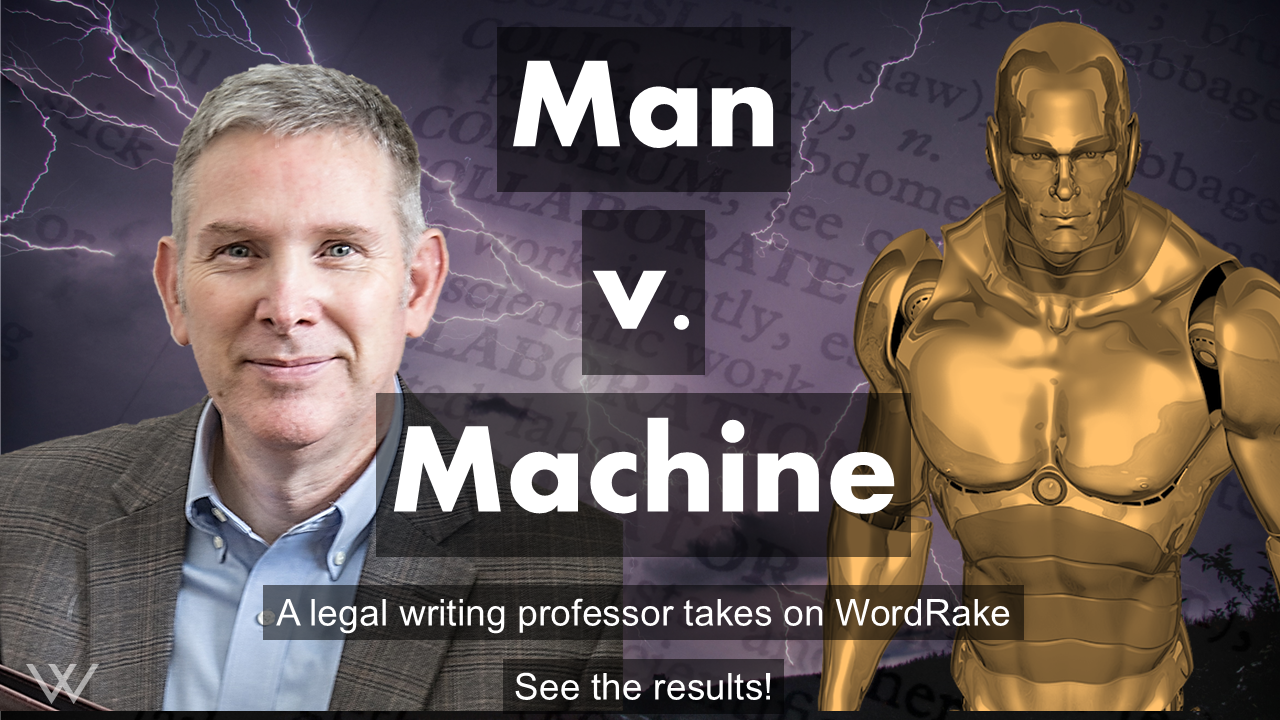Throat-clearing phrases are empty openers that delay the presentation of your argument. They slow down sentences, waste space, and frustrate readers. These phrases make the reader dig for the point, and some readers will give up before they find it.
Continue readingThe Illusion and Appeal of LLM Reasoning
Words like reasoning, thinking, and writing are the working tools of the legal profession. But with the rise of large language models, like OpenAI’s GPT, Anthropic’s Claude, and Google’s Gemini, these words are now used in a different way. If we don’t confront their false familiarity, we risk misunderstanding the capabilities of these tools and misplacing our trust in them.
Continue readingEven if you are a highly experienced legal writer, you will face times when a brief scares you. Though writing is daily work for many lawyers, critical briefs can temporarily take over our lives and minds. Unfortunately, not all briefs bend easily to your will. Sometimes the legal issues are novel, the factual issues don’t align perfectly with the law, or maybe a client issue in the background adds extra stress. Any of these situations is enough to induce fear in the lawyer charged with writing the winning brief.
Continue readingEvery generation of senior lawyers complains that junior lawyers can’t write. But becoming a lawyer takes years of post-secondary education and apprenticeship, so it’s not reasonable to interpret this complaint to mean young lawyers are illiterate. So what’s the source of this perennial complaint and how can we address it?
Continue readingJudges have long voiced their frustrations over verbose, confusing court briefs. And as noted in a previous blog, some courts have tightened their word limits to guard against long-winded briefs. So what can you do to make sure that your briefs are not only readable, but powerful? Professor Mark Cooney, who explained the problem of rejected legal documents in his last post, here offers ten tips for clear briefs that you can feel confident submitting to the court.
1. Sue 'em!
Prefer the simple sue or sued to elaborate alternatives. In the sentences below, for example, courts used four or five words — even six words — to say what sue or sued would’ve said in one:
Continue readingLegal ghostwriters help trial lawyers save time and money. According to the Merriam-Webster Dictionary, ghostwriting is writing for someone considered the author. This practice is prevalent in the legal field.
Continue readingIf you asked me to describe what I did last summer, I’d write an essay about exploring, in greater depth, the pitfalls of legalese. My research revealed that inflated diction, jargon, wordiness, and rambling sentences have unraveled legal documents across the country. So lawyers should by wary of forms afflicted by dense, impenetrable text. The proof is in the cases.
Continue readingLegal writing often feels formulaic. It follows established patterns and uses predictable structures. But those formulas exist for good reason. Predictable structures help legal readers—judges, lawyers, clerks, and other professionals—quickly understand the argument, locate key facts, and process information. Legal readers rely on them for cognitive shortcuts to handle their caseloads.
Continue readingThe Tale of the Tape
In one corner, WordRake: editing software with more than 50,000 editing algorithms designed to improve clarity in professional prose.
Continue readingTo write effectively, you must know your message before you start. Planning your pitch is the first step to writing for your audience. Everything before this stage serves you, not the reader.
Continue reading












